Leadership training for health security leaders
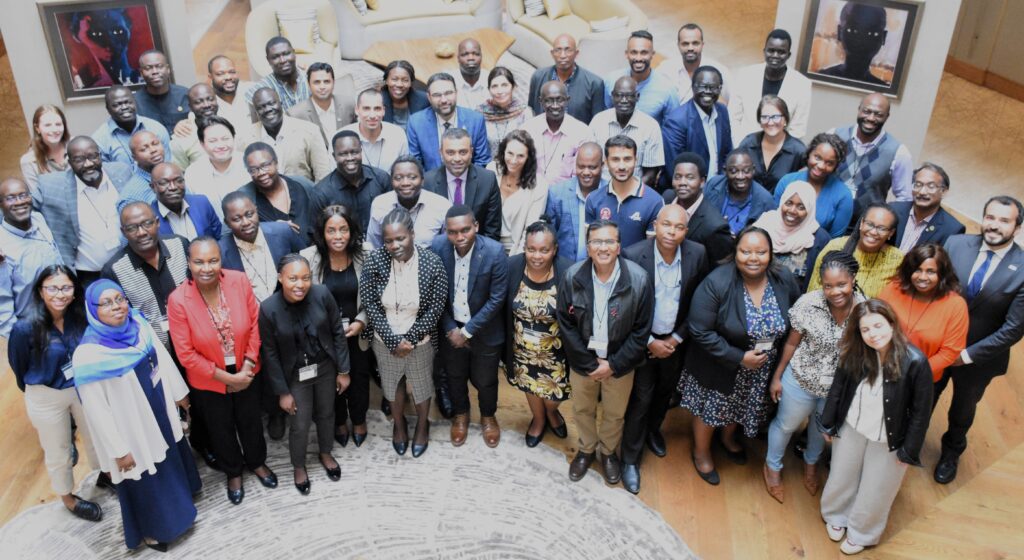
71 public health experts from 12 countries across Africa and the Middle East recently gathered in Nairobi, Kenya, for Program Management for Epidemic Preparedness (PMEP) Core.
Welcome to the leadership and learning laboratory for health security leaders
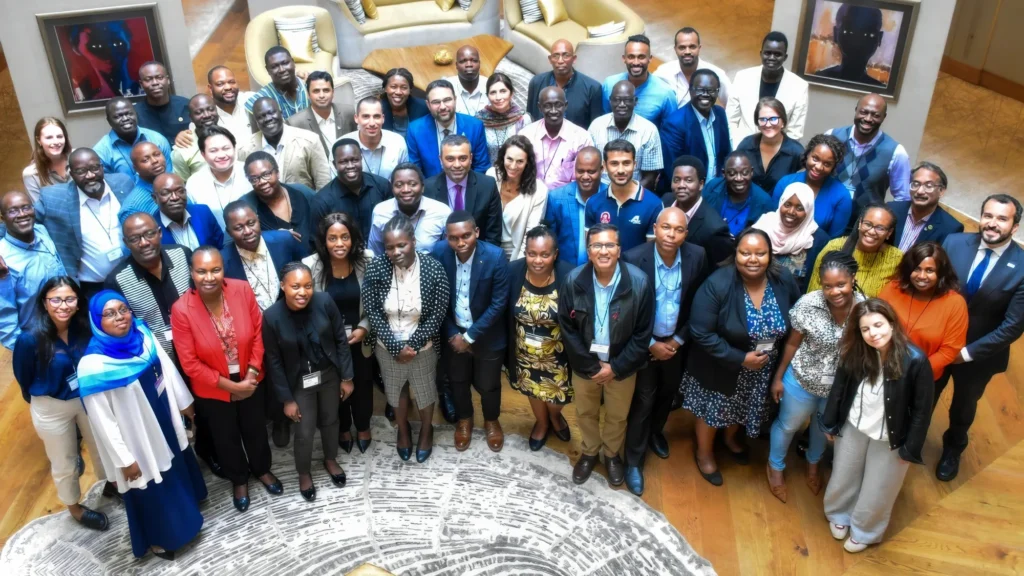
PMEP equips health security experts with practical, technical and leadership skills.
Nigeria’s Kano State passes Public Health Security Bill into law

This landmark legislation—the first of its kind at the subnational level in Nigeria—establishes a robust framework for public health surveillance, emergency management, and the protection of health care workers during crises.
In light of climate change, we need proactive approaches to minimize outbreaks
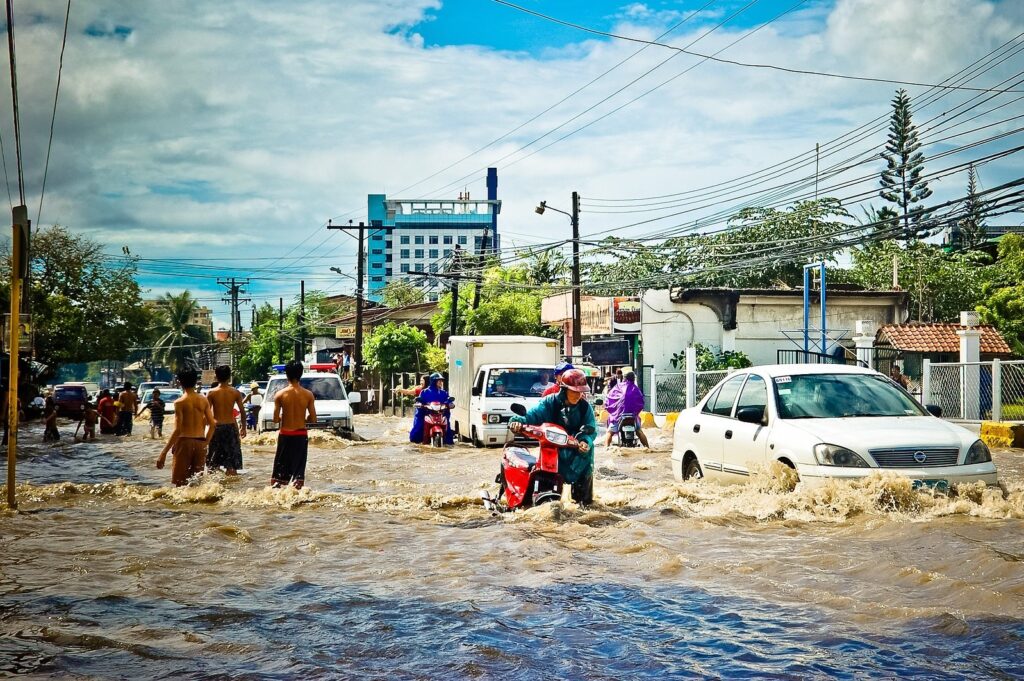
In Think Global Health, Amanda McClelland says early-warning approaches can help minimize the spread of infectious disease outbreaks.
Building an outbreak surveillance system in Zambia
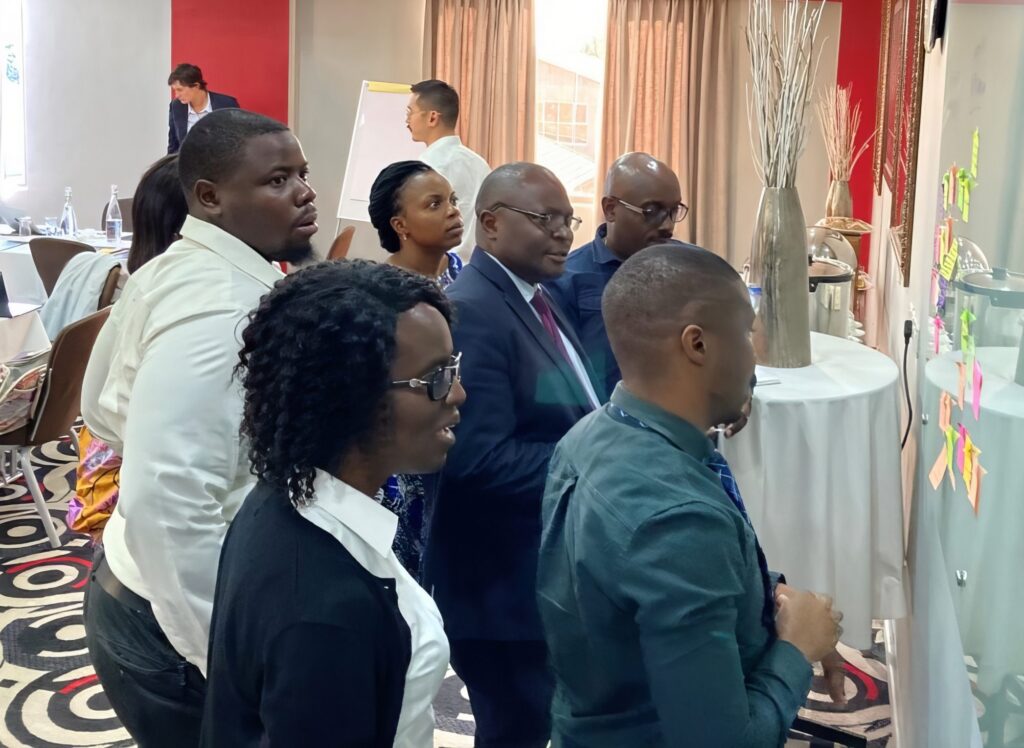
We teamed up with Zambia National Public Health Institute to build an early model for a new outbreak surveillance system in a one-week design sprint.
Sprinting towards health security: how Zambia built an outbreak surveillance system in just one week
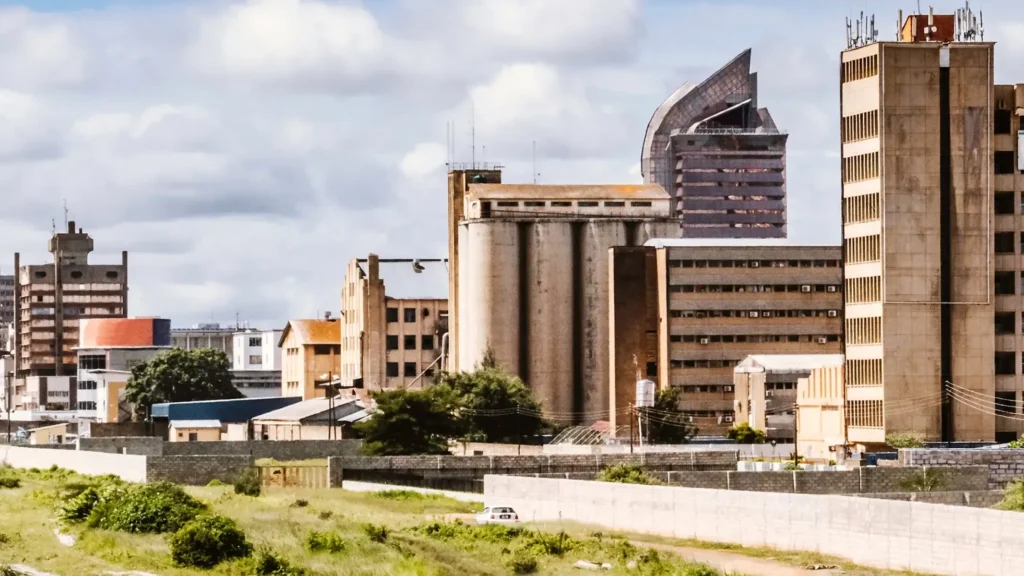
Design sprints from the tech world are changing the game in public health.
Strengthening laboratory systems to meet the 7-1-7 target
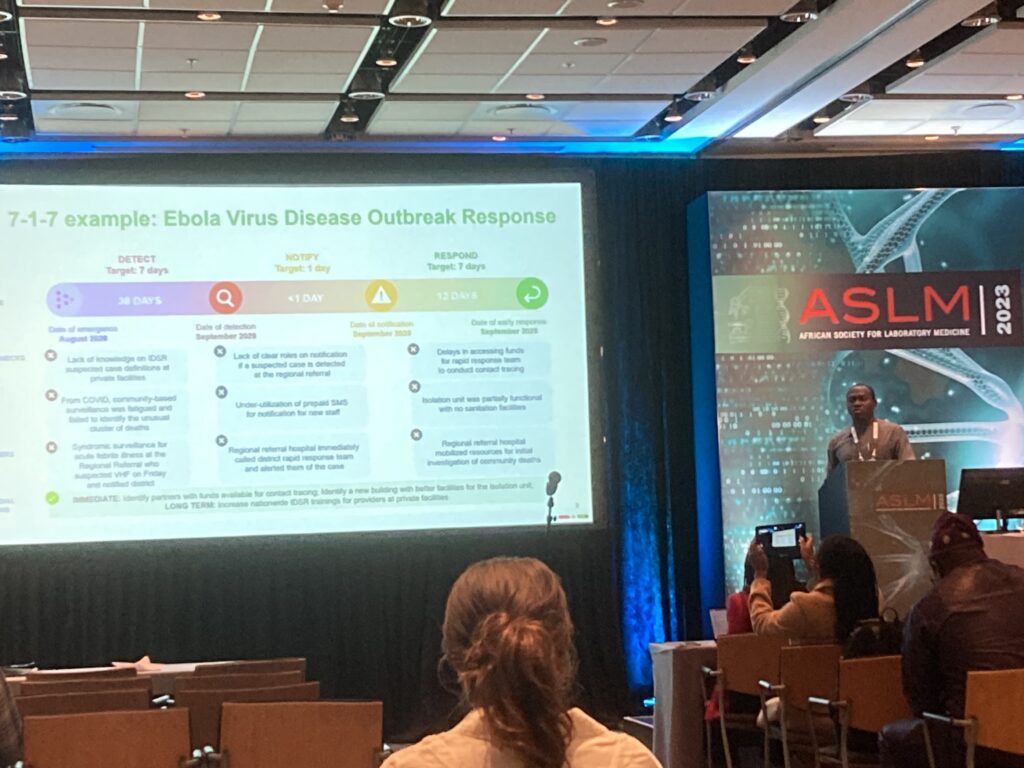
The 7-1-7 Alliance hosted a symposium at the annual conference of the African Society of Laboratory Medicine (ASLM) in Cape Town, South Africa. Panelists from the Nigeria Center for Disease Control and Prevention, ASLM, FIND and Makerere University Walter Reed Project discussed the crucial role of diagnostics in achieving the 7-1-7 target for outbreak detection […]
Eliminating artificial trans-fat in Africa could save 250,000 lives over the next 25 years
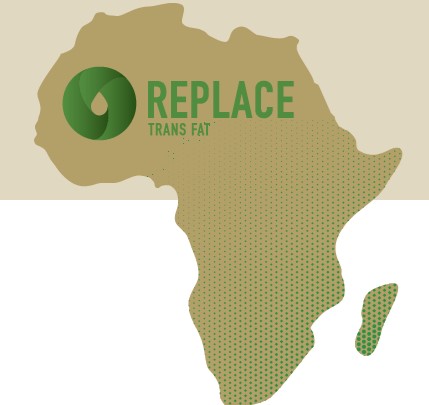
Resolve to Save Lives works with Africa CDC to support African countries to eliminate trans fat and save lives.
Training Nigeria’s frontline workers to spot priority diseases
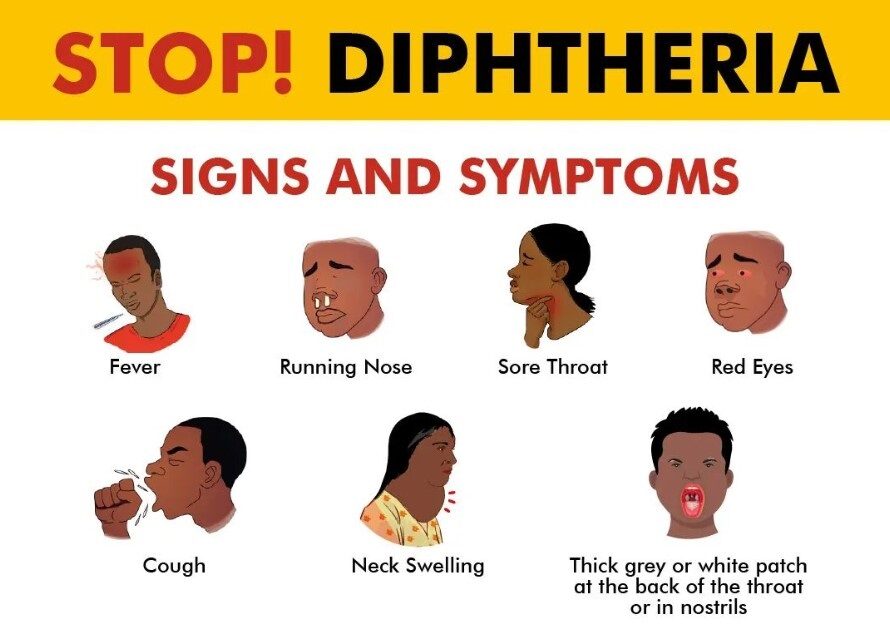
Through our partnership with the African Field Epidemiology Network, we’re piloting a mobile-first training course on six of the highest priority diseases in Nigeria to make sure primary health care workers can spot symptoms and report cases quickly.
Lessons and action for a trans fat free Africa
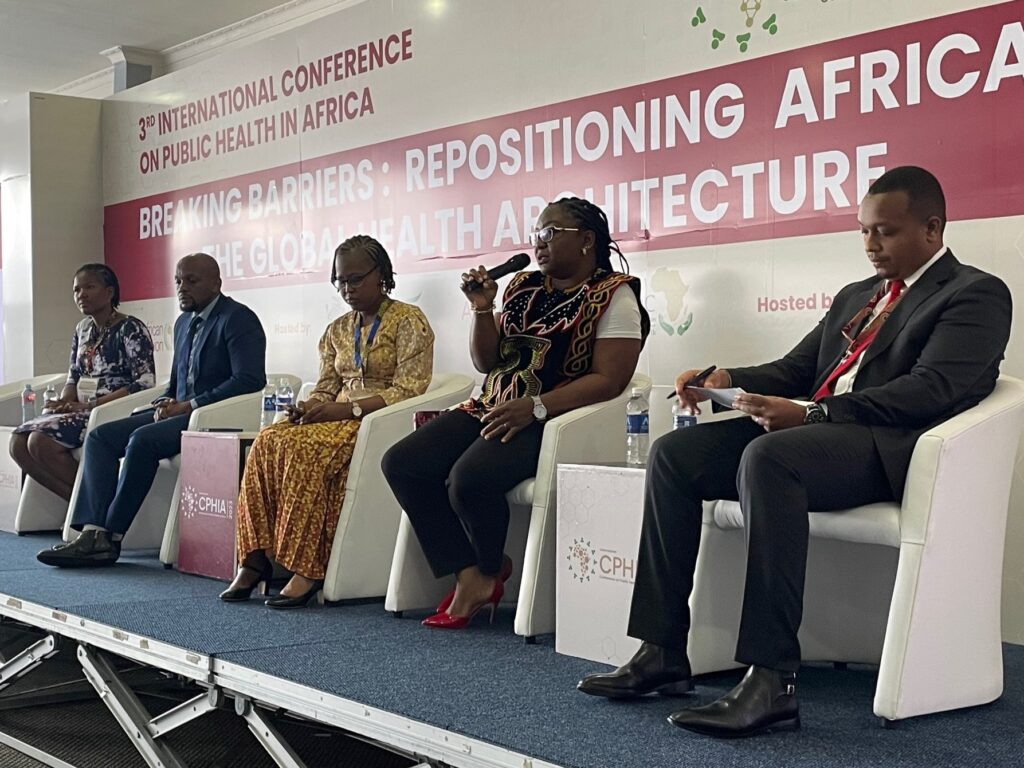
Leaders of Africa CDC and Resolve to Save Lives published an OpEd calling for immediate action on trans fat in Africa.
Resolve to Save Lives Nigeria welcomes new Executive Director

Nanlop Adenike Ogbureke joins Resolve to Save Lives as Executive Director in Nigeria with more than 20 years of experience in the health sector.
Resolve to Save Lives Nigeria welcomes New Executive Director

NOVEMBER 20, 2023 (ABUJA, NIGERIA)—Resolve to Save Lives announced today the appointment of Nanlop Adenike Ogbureke as its new Executive Director in Nigeria. She will oversee a technical and operations staff of 11, facilitate effective coordination and implementation of program activities, as well as foster and maintain productive relationships with government and non-governmental stakeholders within […]
Introducing Resolve to Save Lives: Ethiopia
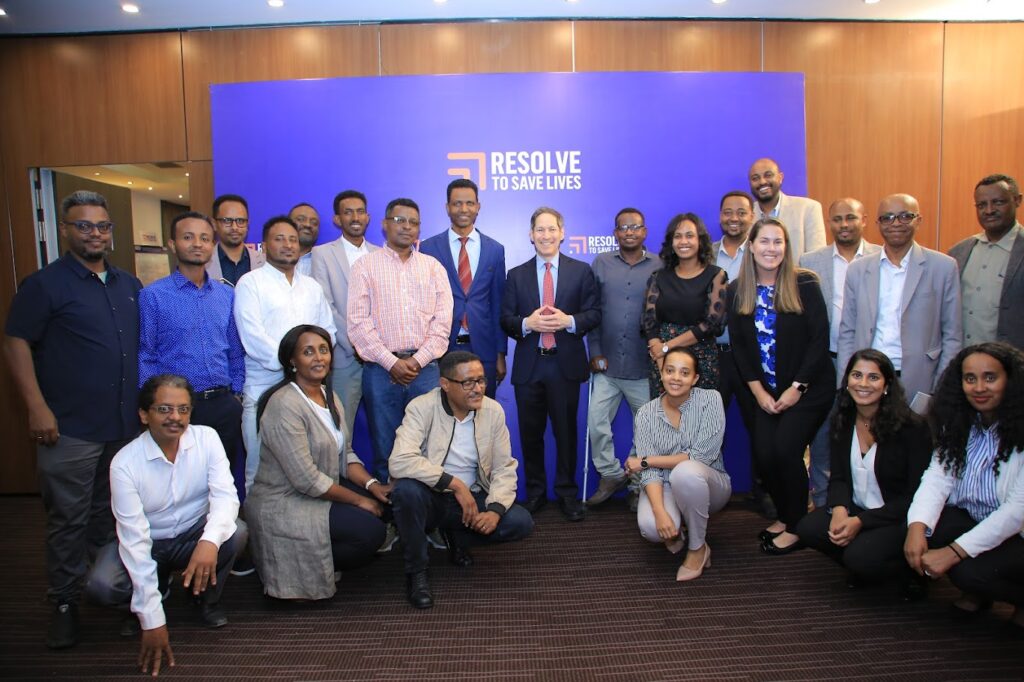
Located in Addis Ababa, the Ethiopia office looks forward to continued progress in blood pressure control trans fat elimination, epidemic prevention and emergency response.
RTSL welcomes Ethiopia team
Joint statements from Dr. Tom Frieden, President and CEO of Resolve to Save Lives and Dr. Manuel Sibhatu, Country Director of RTSL Ethiopia 5 October 2023 (New York, USA)—Today, Resolve to Save Lives officially welcomed the Resolve to Save Lives Ethiopia team at an inaugural event hosted in Addis Ababa, Ethiopia. “After four years […]
Technical and leadership skills for experts in epidemic preparedness
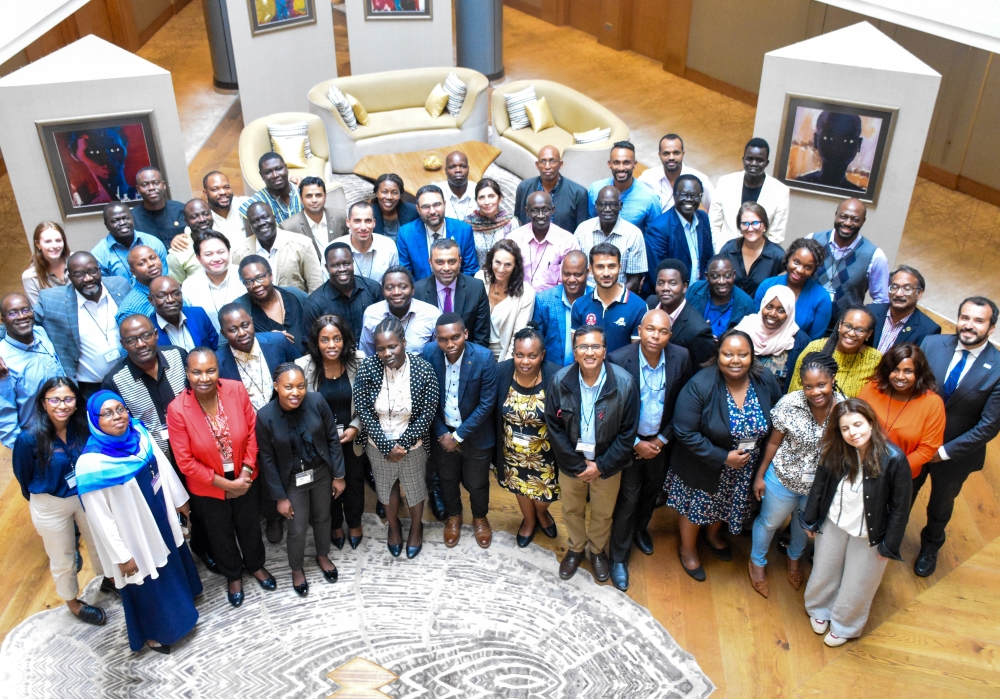
Our team visited Nairobi, Kenya, to facilitate our Program Management for Epidemic Preparedness (PMEP) training for 71 health security leaders from 12 English- and French-speaking countries in Africa and the Eastern Mediterranean. A selection of participants will advance into our new 12-month program offering funding and coaching to develop their national action plans for health […]
Putting hypertension courses in the palm of health workers’ hands in Nigeria
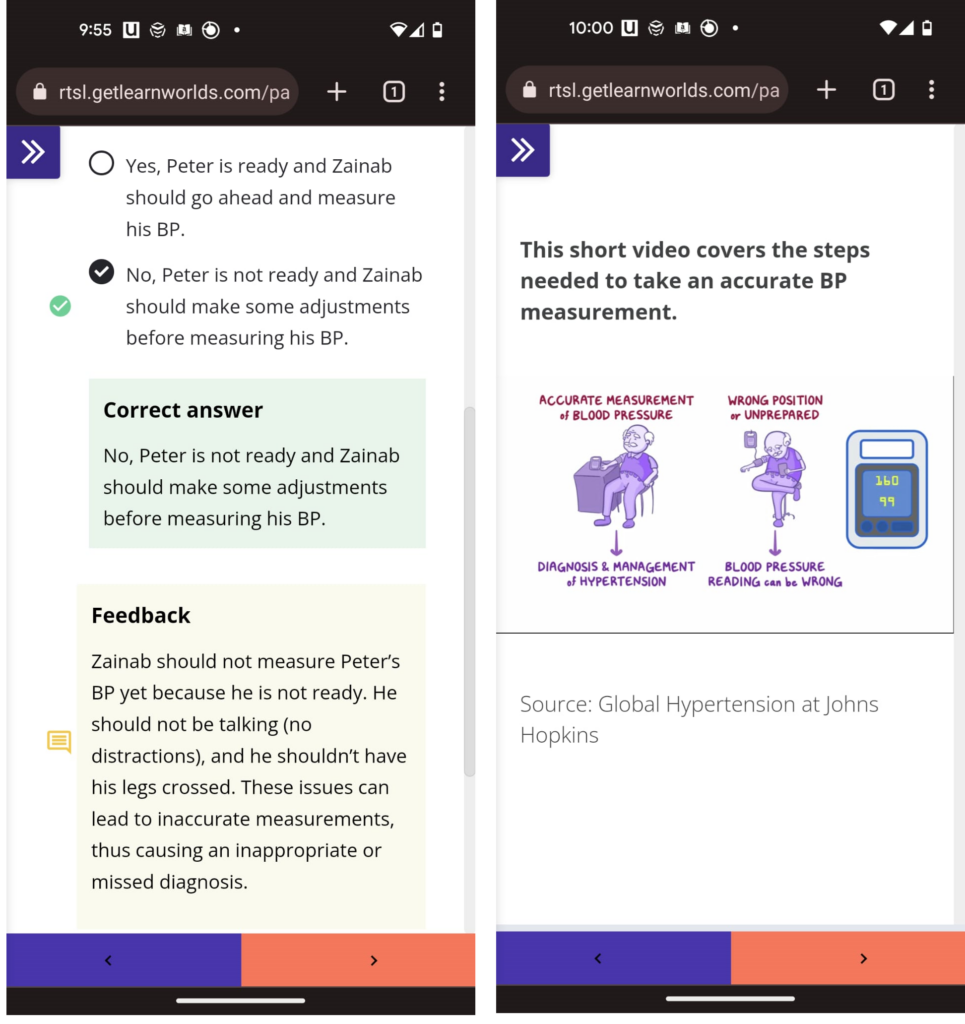
An effective, lower-cost alternative to traditional, in-person training.
Launching our new Epidemic-Ready Primary Health Care program
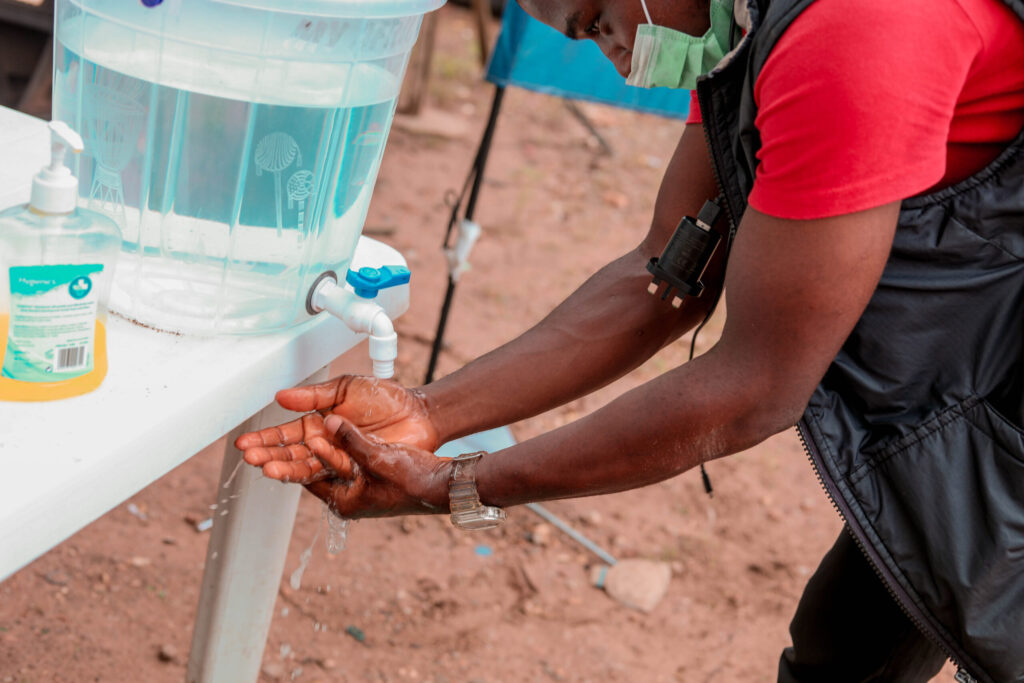
In Ethiopia, Nigeria, Sierra Leone, and Uganda, we’ll support primary health facilities to detect outbreaks promptly and safely deliver essential services.
Including hypertension treatment during HIV care dramatically improved patient outcomes in Uganda
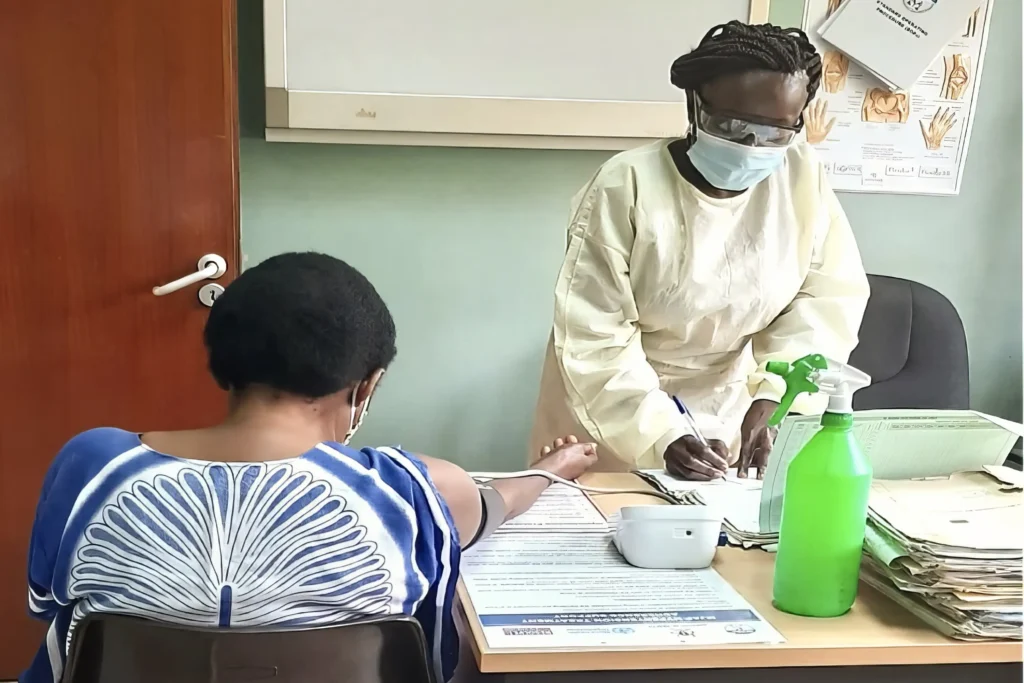
Including treatment for high blood pressure in HIV programs improves outcomes for both conditions.
Strengthening leadership and management for preparedness in Ethiopia
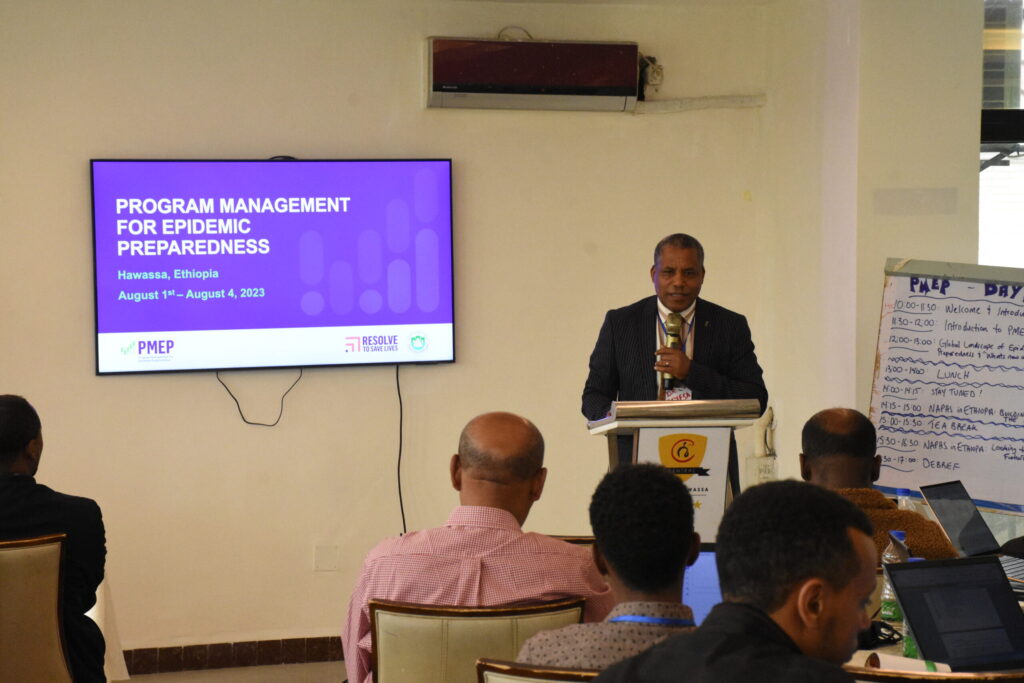
Our team convened in Hawassa, Ethiopia, to facilitate a four-day leadership and management program for epidemic preparedness for 33 of the nation’s health security leaders. The training will support efforts to strengthen Ethiopia’s health security over the next five years.
Ethiopia among World Bank Pandemic Fund’s first grantees
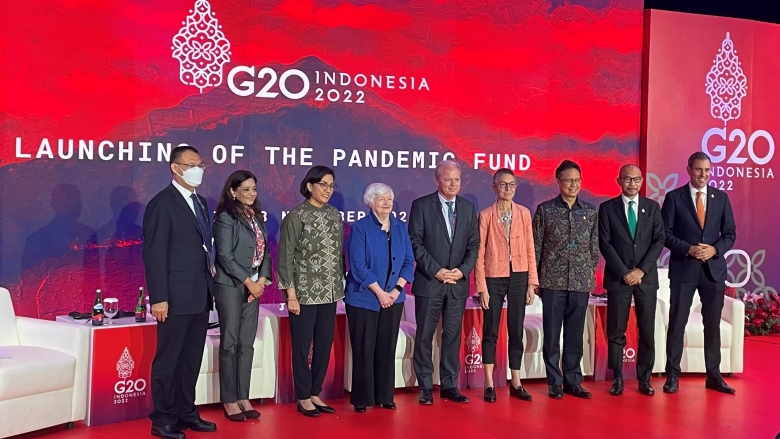
The Pandemic Fund is the first multilateral financing mechanism dedicated to providing multiyear grants to help low- and middle-income countries become better prepared for future pandemics. Ethiopia just became one of the first countries to achieve a grant towards better epidemic preparedness, with support from our in-country team. Image credit: World Bank
Dr. Nnenna Ezeigwe joins the Board of Directors of Resolve to Save Lives Nigeria

18 JULY 2023 (ABUJA, NIGERIA)—Today, Resolve to Save Lives Nigeria (RTSL Nigeria) announced the appointment of Dr. Nnenna Ezeigwe, Co-Founder and CEO, Environment for Health Development Initiative (E4HDI), to the RTSL Nigeria Board of Directors. RTSL Nigeria is part of Resolve to Save Lives, a global health nonprofit focused on preventing 100 million deaths from cardiovascular disease and making […]
Ethiopia’s first-ever domestic infection prevention and control budget

Strong infection prevention and control (IPC) programs are essential to protect health care workers, patients, caregivers and communities. Although the World Health Organization has identified budgets as a core component of national IPC programs, only 50% of member states currently have dedicated domestic funding. Our team worked with Ethiopia’s Ministry of Health to develop its […]
Integrating hypertension and HIV management could save 87,000 lives over the next 10 years
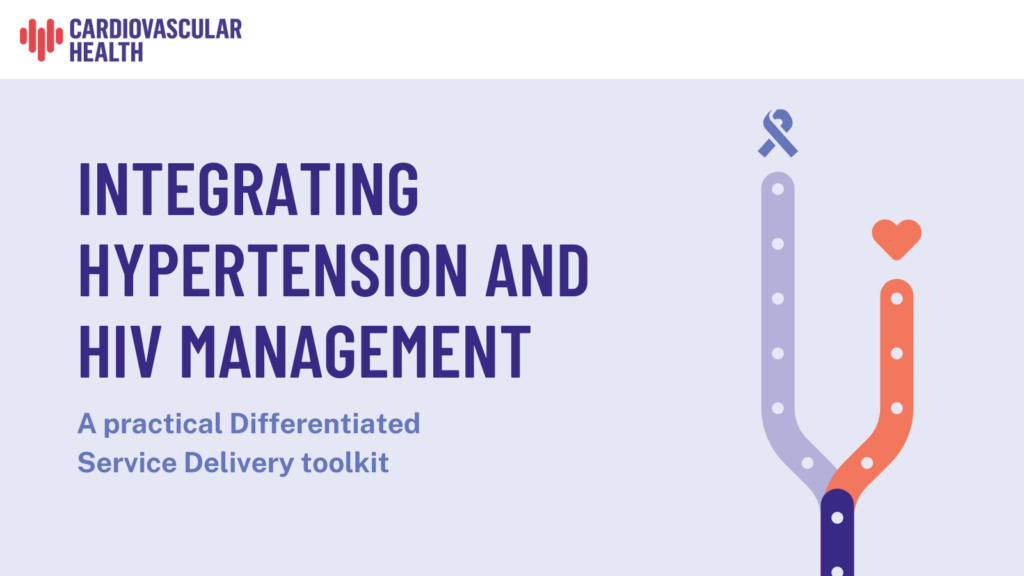
This toolkit offers a practical guide to treating high blood pressure in HIV programs to improve outcomes for both conditions.
Nigeria builds momentum for a trans fat-free Africa
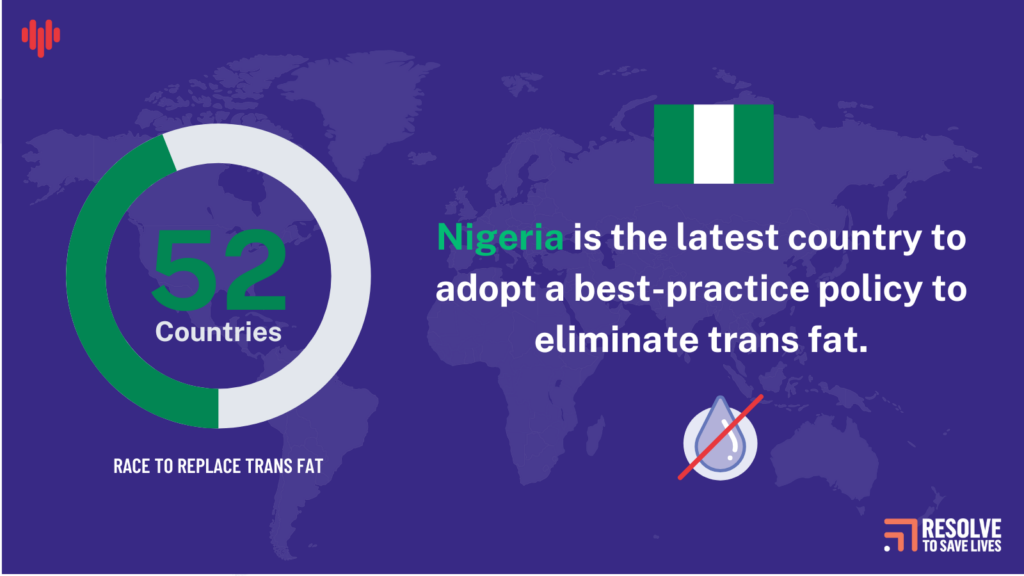
Nigeria joins the global movement to eliminate trans fat from the global food supply.
Statement from Dr. Renu Garg: Nigeria builds momentum for a trans fat-free Africa
Statement from Dr. Renu Garg, Senior Vice President of Cardiovascular Health at Resolve to Save Lives 10 May 2023 (NEW YORK, USA)—“We congratulate Nigeria on the passage of its new best practice trans fat elimination policy, which will save approximately 1,200 lives per year. As the most populous country in Africa, Nigeria has set a […]
WHO Nutrient Profile Model for the African Region (2019)
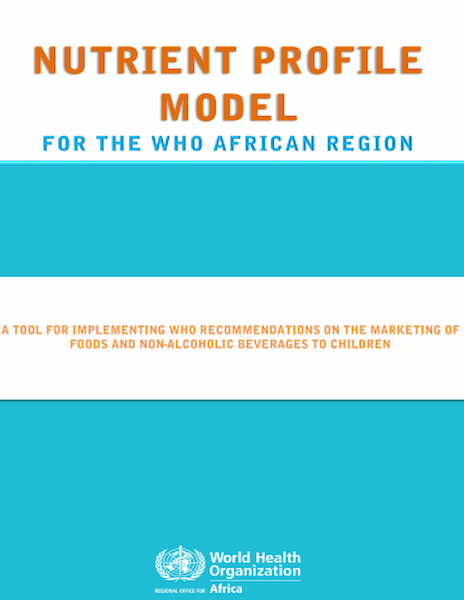
Nutrient thresholds used to implement the set of recommendations on the marketing of foods and non-alcoholic beverages to children.
Scaling-up purchase from Africans for Africa (2014)
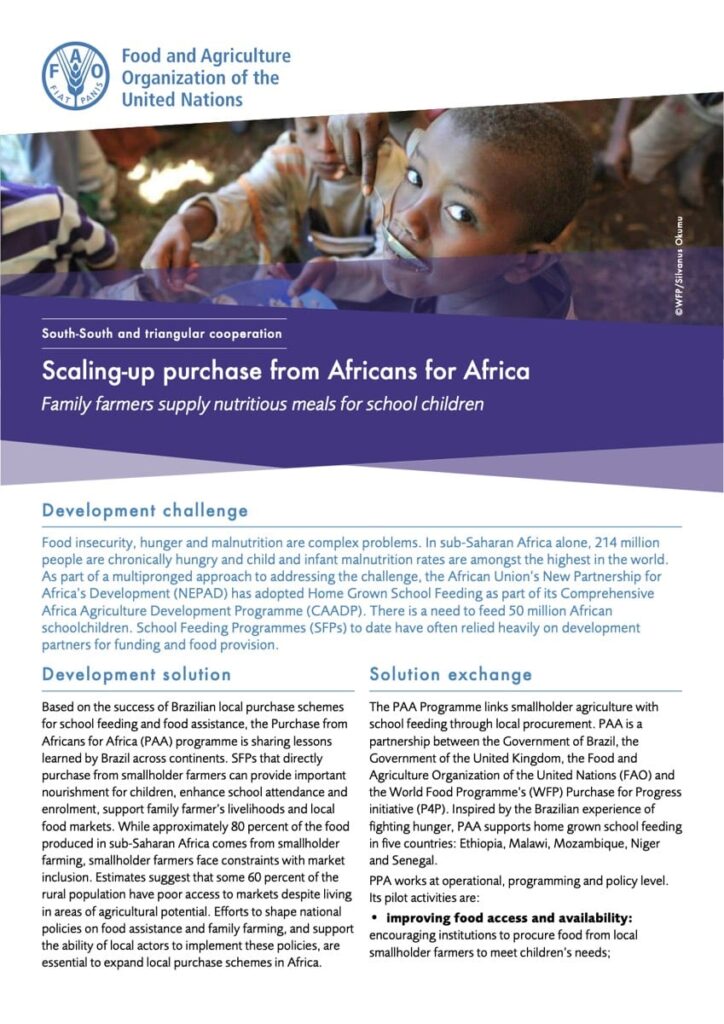
Multi-stakeholder initiative by the FAO, World Food Programme, Brazil and the UK, and the governments of each pilot country: Ethiopia, Malawi, Mozambique, Niger and Senegal, to procure food from small farms for schools.
Psychosocial determinants of adherence to public health and social measures (PHSMs) in 18 African Union Member States during the early phase of the COVID-19 pandemic: results of a cross-sectional survey
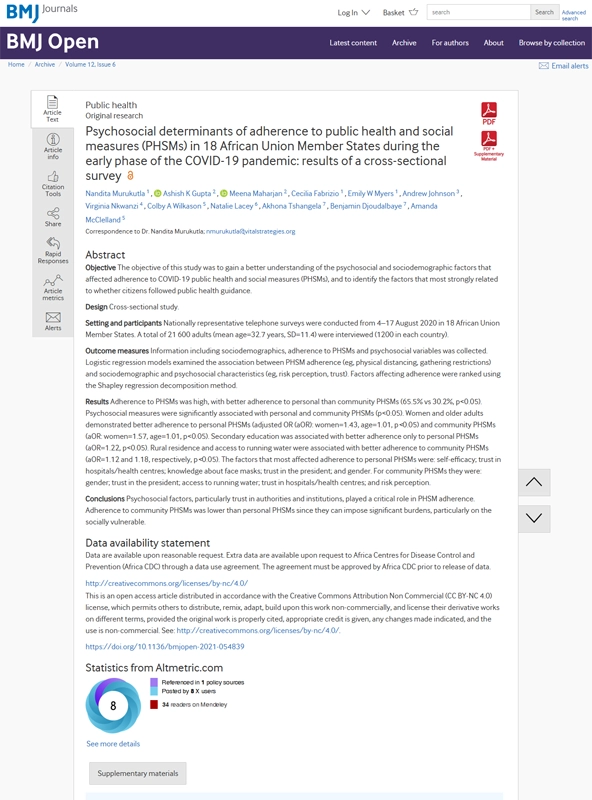
Trust in authorities, a sense of control over one’s environment and behavior, and access to resources influenced adherence to public health and social measures during the COVID-19 pandemic. Writing in BMJ Open, experts at Resolve to Save Lives analyzed psychosocial and sociodemographic factors influencing COVID-19 public health and social measure (PHSM) adherence through a cross-sectional […]
7-1-7 target in Lancet Global Health

RTSL’s Prevent Epidemics Team publishes evidence from early pilots on the 7-1-7 target for early detection of and response to disease threats.
The 7-1-7 Alliance is a new country-led, global partnership to improve health security

Dr. Issa Makumbi, Director of Uganda’s Public Health Emergency Operations Centre, will serve as inaugural Chair of the Technical Steering Group for The 7-1-7 Alliance: a country-led partnership for technical assistance, financial support and a growing, global community of practice to help all countries achieve the 7-1-7 target for outbreak detection and control.